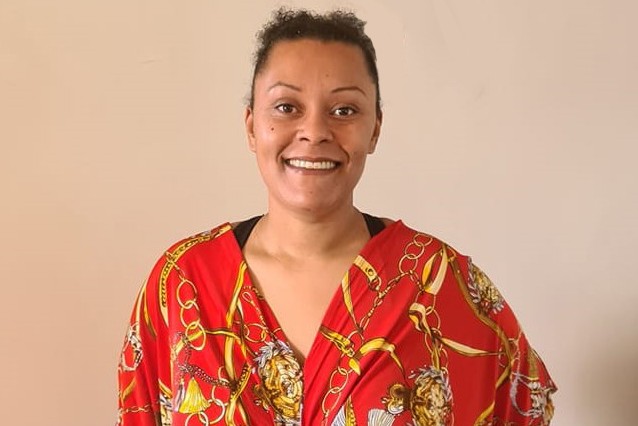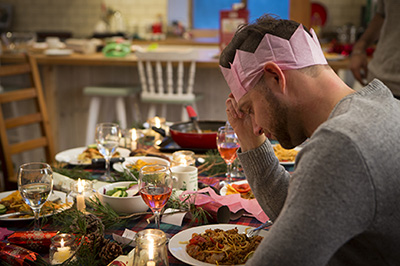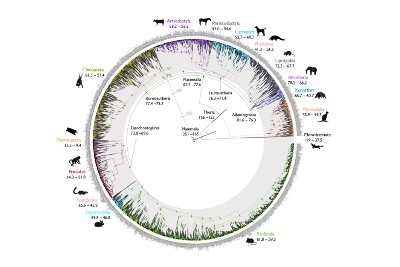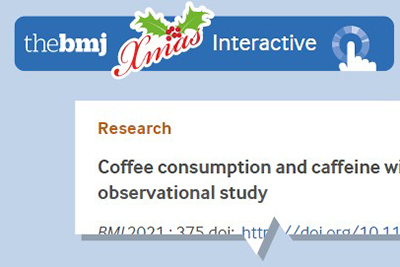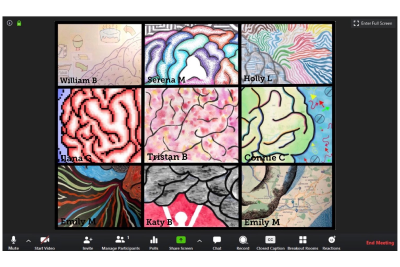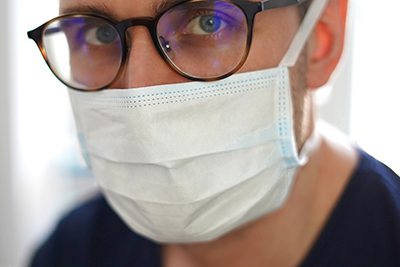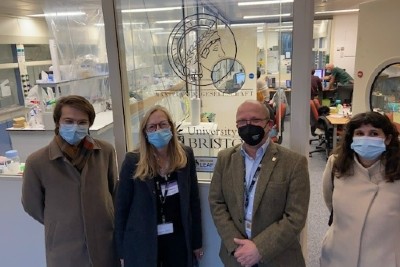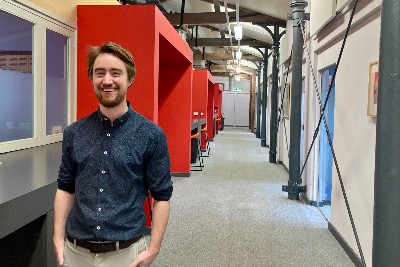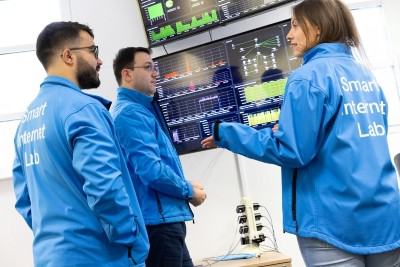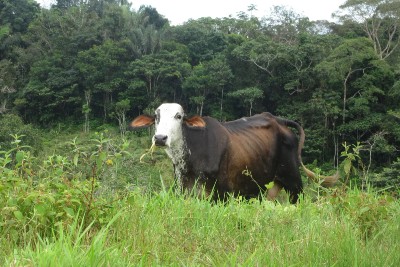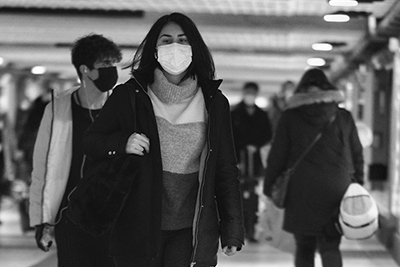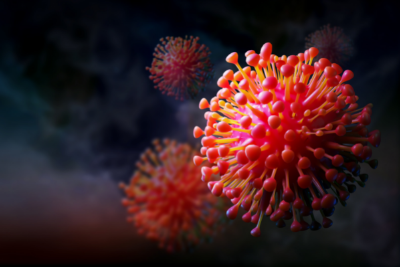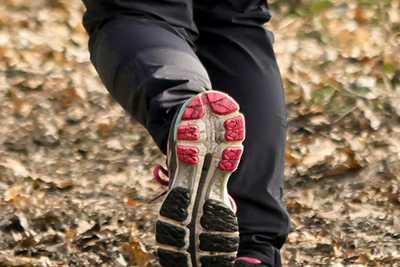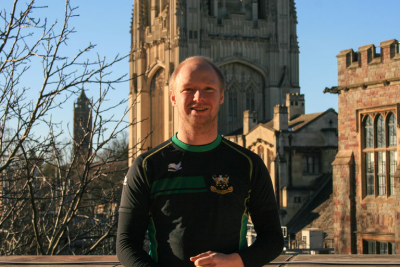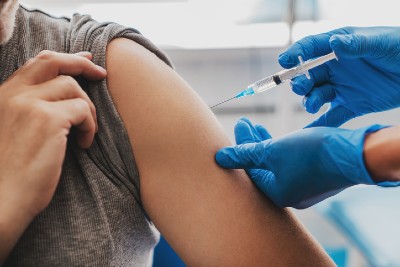News in December
- New Year's Honours recognise support for disadvantaged communities and sustained contribution to science 31 December 2021 Two members of the University of Bristol community have been recognised for their significant achievements in the Queen’s New Year Honours list.
- The most wonderful time of the year? Top tips for avoiding a stressful family Christmas 23 December 2021 The oft repeated adage that Christmas is a time for family usually overlooks the very real impact of having strained family relationships and the immense anxiety that can cause before and after Christmas. So what can we do if spending time with family is stressful?
- Study offers new insights into when modern mammals evolved 22 December 2021 A new study has provided the most detailed timeline of mammal evolution to date.
- Bristol breaks records with 2nd election to UK enterprise body 22 December 2021 The University of Bristol has become the first university to have two Honorary Fellows elected to the UK’s enterprise education body.
- Scientists model the Wheel of Time world and find climate change still exists millennia into the future 22 December 2021 Scientists from the University of Bristol and Sussex have run climate simulations of the Wheel of Time world, whose season finale airs on Amazon Prime on Christmas Eve.
- Bristol biologist awarded New Phytologist Tansley Medal 20 December 2021 Dr Tommaso Jucker, a NERC Independent Research Fellow and Lecturer at the University of Bristol’s School of Biological Sciences, has won the 2020 New Phytologist Tansley Medal, an annual award that recognises an outstanding contribution to plant science by an early career researcher.
- Bristol graduate with Hollywood dreams releases first album 20 December 2021 A recent Bristol graduate who has dreams of becoming a Hollywood composer has just released his first album.
- Professor John Iredale appointed interim Executive Chair of MRC 20 December 2021 Professor John Iredale, currently Pro Vice-Chancellor for Health and Life Sciences at the University of Bristol, has been appointed interim Executive Chair of the Medical Research Council (MRC).
- Firestarters - grant will conserve and catalogue the archive of Welfare State International 20 December 2021 The University of Bristol Theatre Collection has been awarded £281,758 by the Wellcome Trust to conserve, catalogue and make available the archive of Welfare State International (WSI).
- Warning over long-term increase in inequality caused by the pandemic 17 December 2021 Researchers today issued a stark warning on the post-pandemic outlook for living standards in the UK following an extensive review of over 200 reports examining the impact of the pandemic.
- Treatment for opioid dependence has an important role in suicide prevention 16 December 2021 Opioid agonist treatment, commonly methadone or buprenorphine, for people dependent on heroin or other opioid drugs has an important role to play in suicide prevention, according to University of Bristol-led research published in The Lancet Psychiatry.
- Spot the difference: can AI generate plausible Christmas BMJ titles? 15 December 2021 Artificial intelligence (AI) technology can generate plausible, entertaining, and scientifically interesting titles for potential research articles, a University of Bristol-led study in the Christmas issue of The BMJ has found.
- Exhibition depicts first year medics’ trials and triumphs during pandemic 15 December 2021 Stunning art that captures the experience of studying first year medicine during a pandemic features in a moving online exhibition.
- New research could hold the key to tackling global crisis of malnutrition 15 December 2021 UK and China embark on ambitious research to simultaneously prevent obesity and under-nutrition.
- Are rocket scientists and brain surgeons really smarter than everyone else? 14 December 2021 Rocket scientists and brain surgeons are no smarter than the general population, suggests a study published in the Christmas issue of The BMJ.
- Source of large rise in emissions of unregulated ozone destroying substance identified 14 December 2021 New research, led by the University of Bristol and Peking University, has discovered that emissions coming from China of the ozone-destroying chemical, dichloromethane, have more than doubled over the last decade.
- Online consultations can disadvantage some patients and create more work for GP practices 14 December 2021 Online GP consultations have unintended consequences that may put some patients at a disadvantage and create additional work for GP practice staff, a National Institute for Health Research (NIHR)-funded study at the University of Bristol has shown. The DECODE study, published in the British Journal of General Practice, examined the use of online consultations in primary care to improve how they will be used in the future.
- Research reveals 'ugly truth' faced by doctors responding to COVID-19 on the frontline 13 December 2021 Frontline healthcare workers say they are angry at being treated as 'COVID cannon fodder, not COVID heroes' after responding to the virus for nearly two years and working at full capacity, reveal the findings of new research.
- Academics celebrate 10 years of the Dwarf Mongoose Research Project 13 December 2021 A University of Bristol project set up to monitor wild groups of dwarf mongooses in South Africa has marked its ten-year milestone.
- Bristol among UK’s most sustainable universities, rankings find 13 December 2021 Bristol has been named as one of the most sustainable universities in the country.
- The London Millennium Bridge wobble finally explained 13 December 2021 An international team of engineers and mathematicians, led by Georgia State University in the United States and the University of Bristol, has dispelled previous theories around why London’s Millennium Bridge moves from side-to-side when being crossed by large numbers of pedestrians.
- Households in receipt of Universal Credit facing severe financial hardship this Christmas 13 December 2021 A new report out today finds the financial outlook is poor for more than eight in 10 (83%) of UK households who receive Universal Credit – around 3.4 million in total.
- Bristol’s pioneering COVID-19 research prompts French Embassy visit 10 December 2021 Representatives from the French Embassy visited University labs today [10 December] to see some of the innovative COVID-19 research being undertaken at Bristol, including work on ADDomer™, a thermostable vaccine platform being developed by Bristol scientists to combat emerging infectious diseases.
- New Director for SETsquared Bristol announced 9 December 2021 Marty Reid will become Director of SETsquared Bristol from January 2022.
- Bristol researcher announced as winner of prestigious Royal Microscopy Research Award 9 December 2021 Senior Electron Microscopist Judith Mantell has won the 2021 RMS Vice Presidents’ Award for her microscopy research and laboratory support.
- Bristol research will help UK to lead on future wireless network infrastructure 8 December 2021 University’s Smart Internet Lab secures funding for two projects that will transform telecoms in the UK.
- Silvopasture could tackle Colombian Amazon’s high deforestation rates and help achieve COP26 targets 8 December 2021 Silvopastoral farming, where trees and forage plants are planted in livestock pasture, may support biodiversity and offer solutions to high deforestation rates, according to a new University of Bristol-led study that investigated the effects of the farming method across farms in Colombia, South America.
- Newly discovered fish songs demonstrate reef restoration success 8 December 2021 Whoops, croaks, growls, raspberries and foghorns are among the sounds that demonstrate the success of a coral reef restoration project.
- Early warning signals could help monitor disease outbreaks 8 December 2021 New research suggests early warning signals (EWSs) could help in the monitoring of disease outbreaks, such as COVID-19. The study, led by the University of Bristol, found warnings could be detected weeks earlier than any rapid increase in cases. The findings could help governments and policy makers improve the accuracy of their decisions and allow timely interventions if needed.
- Guidelines may promote over-diagnosis of cow’s milk allergy in infants 8 December 2021 International guidelines developed to help doctors diagnose cow’s milk allergy may lead to over-diagnosis, according to University of Bristol-led research published in the journal Clinical and Experimental Allergy today [8 December]. The study found that three-quarters of infants have two or more symptoms at some point in the first year of life, which guidelines say may be caused by cow’s milk allergy, yet the condition only affects one in 100.
- Eating disorder symptoms and self-harm linked to higher levels of depression and anxiety during COVID-19 pandemic 7 December 2021 Young adults who have previously experienced self-harm or eating disorders reported higher levels of depression and anxiety during the pandemic, even when restrictions had eased, according to new research.
- Regular exercise reduces the risk of and death from pneumonia, study suggests 7 December 2021 People who exercise regularly can reduce their risk of developing and dying from pneumonia, new research has found. The study, led by the University of Bristol and published in GeroScience, analysed, for the first time, ten population cohort studies with over one million participants.
- GW4 Alliance facilitates British Academy’s expansion into South West 7 December 2021 The British Academy today grows its Early-Career Researcher (ECR) Network - a pilot programme aimed at UK-based postdoctoral researchers in the humanities and social sciences - into the South West with a new hub supported by the GW4 Alliance of universities.
- Child deaths during pandemic lowest on record for England 7 December 2021 The number of children in England who died fell to 3,067 between April 2020 – March 2021. This is 356 fewer deaths than were recorded in the preceding 12 months (April 2019 – March 2020), and likely represents the lowest level of child mortality on record, according to a new study by researchers at the Universities of Bristol and Cardiff and published today [7 December] in Archives of Disease in Childhood.
- Patent for new tech could revolutionise TMO and other goal line technologies 6 December 2021 A patent has been granted for a new goal line technology that could replace TMO, VAR and Hawk-Eye.
- COVID-19 studies should record women’s menstrual changes, recommend researchers 2 December 2021 Large scale COVID-19 studies and clinical trials should collect data on menstrual changes, according to new research which evaluated current evidence. The findings, published in the International Journal of Epidemiology and led by University of Bristol researchers, say there is an important public health imperative for accurate scientific investigation of menstrual changes in relation to the COVID-19 pandemic.
- Period poverty champion, 21, now leads global network of 1,000 volunteers 1 December 2021 A student who learnt to sew a year ago so she could help end period poverty is now running a global network of 1,000 volunteer sewers.
